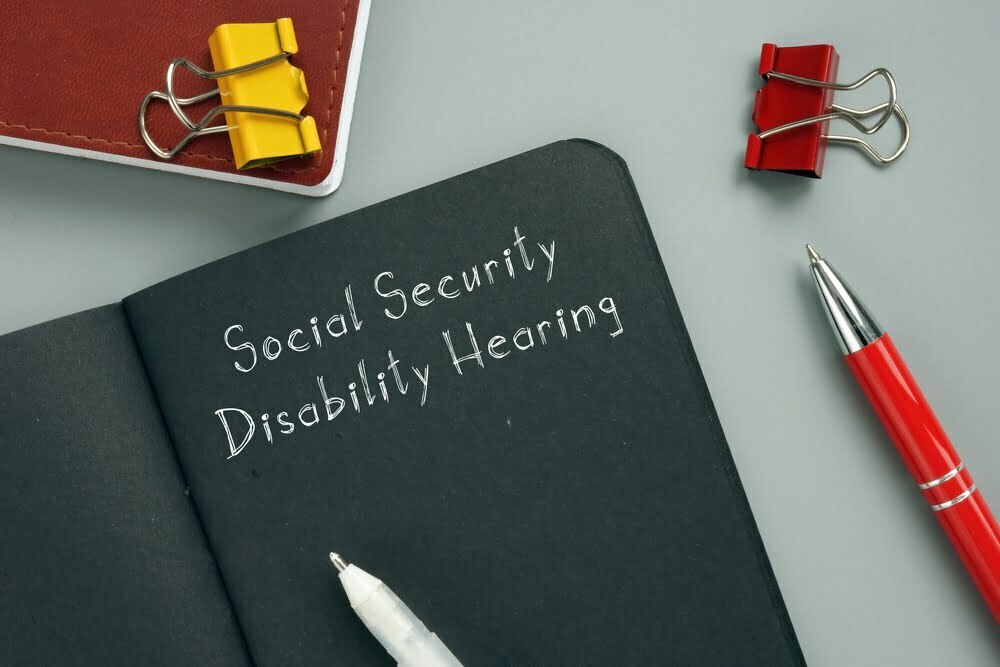For the remainder of 2012 I am going to post on what I have seen in the area of Social Security Disability law this past year both good and bad. One of the most interesting observations I have made in both cases from San Francisco and Vallejo is that there were quite a few that should have been granted at the initial stage of application but were not. Had my clients not appealed, they would not be receiving Social Security Disability today.
In all of the cases, the Social Security Administration sent my clients to a consultative exam performed by one of their physicians. The Social Security Administration sends applicants to consultative exams when they feel they do not have sufficient information from the applicant’s own doctors to make a decision. (See the regulations at 20 C.F.R. Section 404.1519a, “When we purchase a consultative examination and how we will use it.”) In each of my cases, the physician indicated that my clients would have restrictions physically or mentally due to their impairments. The restrictions that they found, in these particular cases, were so restrictive that they precluded my clients from their past work or other work. Yet, in each case, the Social Security Administration found a way to disregard their own doctor’s opinion. This is surprising because usually Social security’s doctors find that if a person is breathing, he or she can work. So, when a Social Security doctor finds the opposite, that a person has a lot of restrictions, you would think that Social Security would give it some more thought before denying the application.
Here is an example from a recent case. My client is under 50, has a 10th grade education, suffers from schizophrenia, paranoid. He also suffers from a shoulder injury which the Social Security consultative medical examiner determined would only allow him to do occasional reaching with the affected arm. Social Security’s consultative psychologist wrote an eight page evaluation. The length of this report is very rare coming from a doctor hired by Social Security. The consultative psychologist found that my client would have limitations in almost everything. For instance he indicated that my client could not perform detailed or complex work, would have difficulties performing simple repetitive tasks, would have difficulties completing a normal work day or work week, needed help with reading, writing, and arithmetic. The list went on. In my client’s case, the consultative examinations helped him to document his limitations. In fact he will win based on the findings from these examinations. If he had not appealed, we would have not known that the consultative examinations were helpful to him in establishing his claim for disability.
The lesson I learned from this case and the lesson that I wish to pass on is always appeal if you think you have a good case, even if a lawyer does not wish to take the case. You never know the reason why the Social Security Administration denies a case. (The reasons listed in decision notices are not the real reasons why a case is denied.) It is best to appeal and pursue your rights.

Know Your Rights
We are receiving many calls from frightened people due to the rhetoric they are hearing from President Trump and members of his Cabinet. Everyone is scared, even those people who have legal status. Rumors are flying around of ICE raids, numerous arrests, and mass deportations. More now than ever, it




